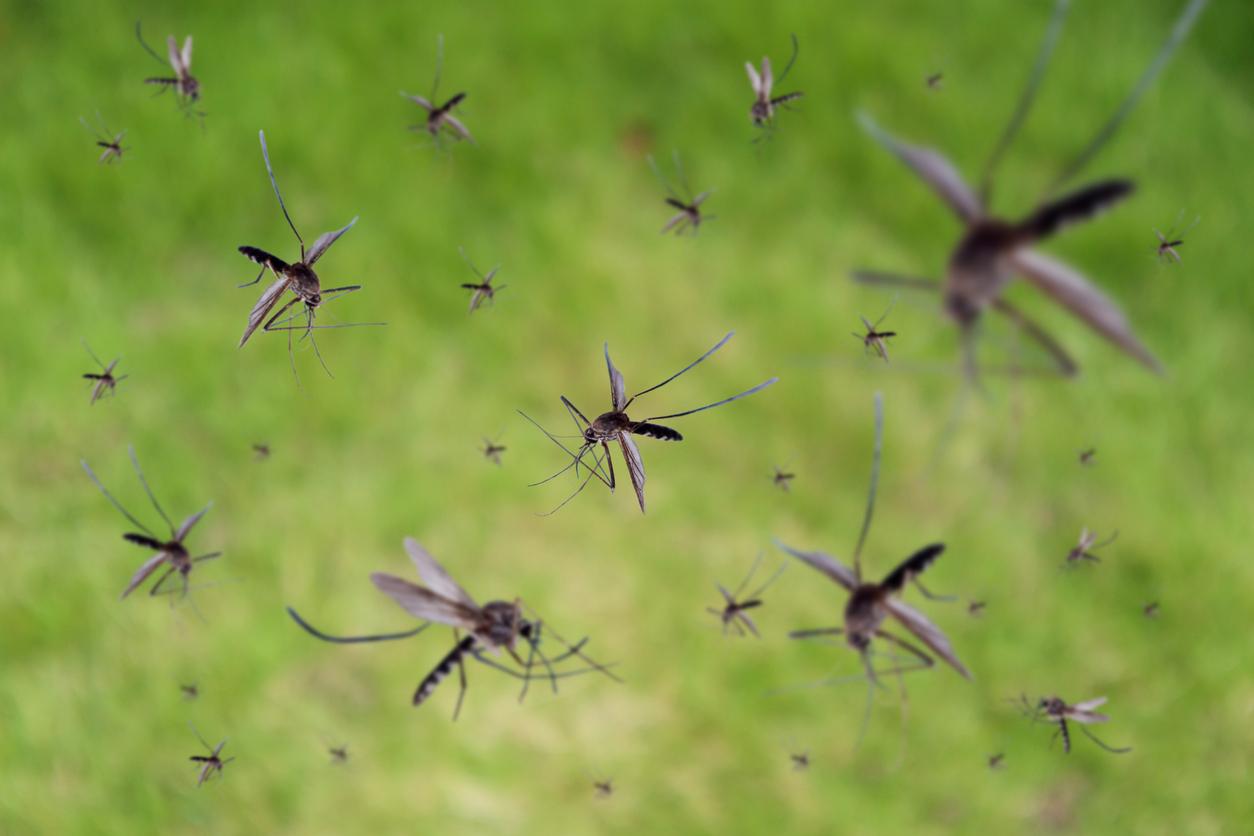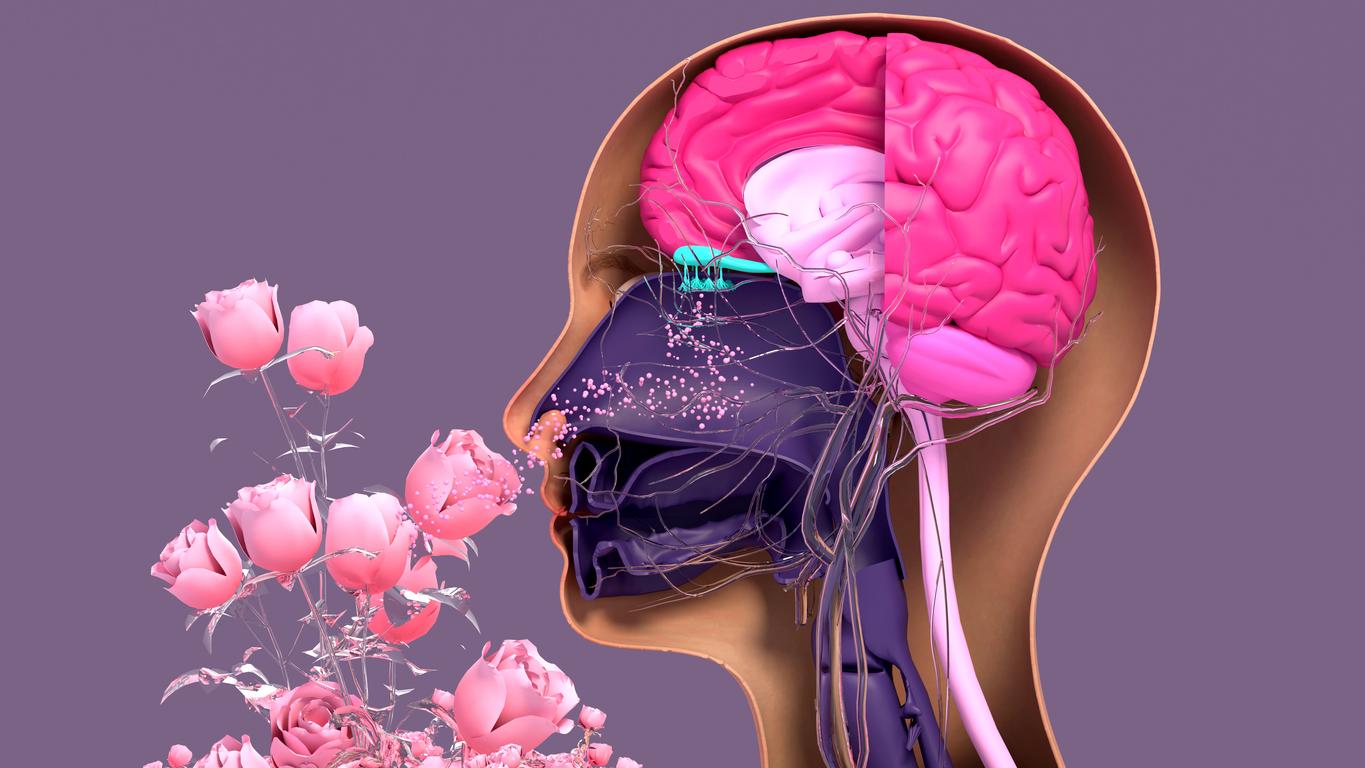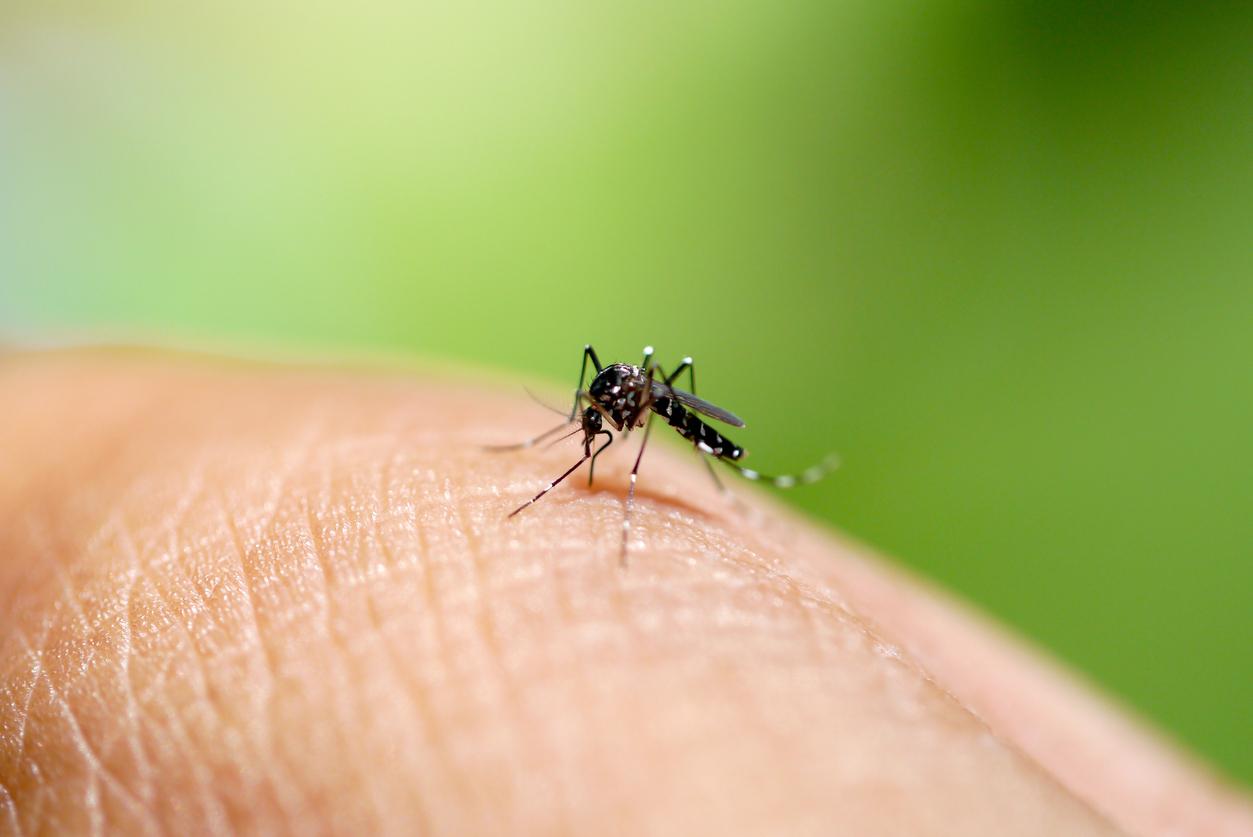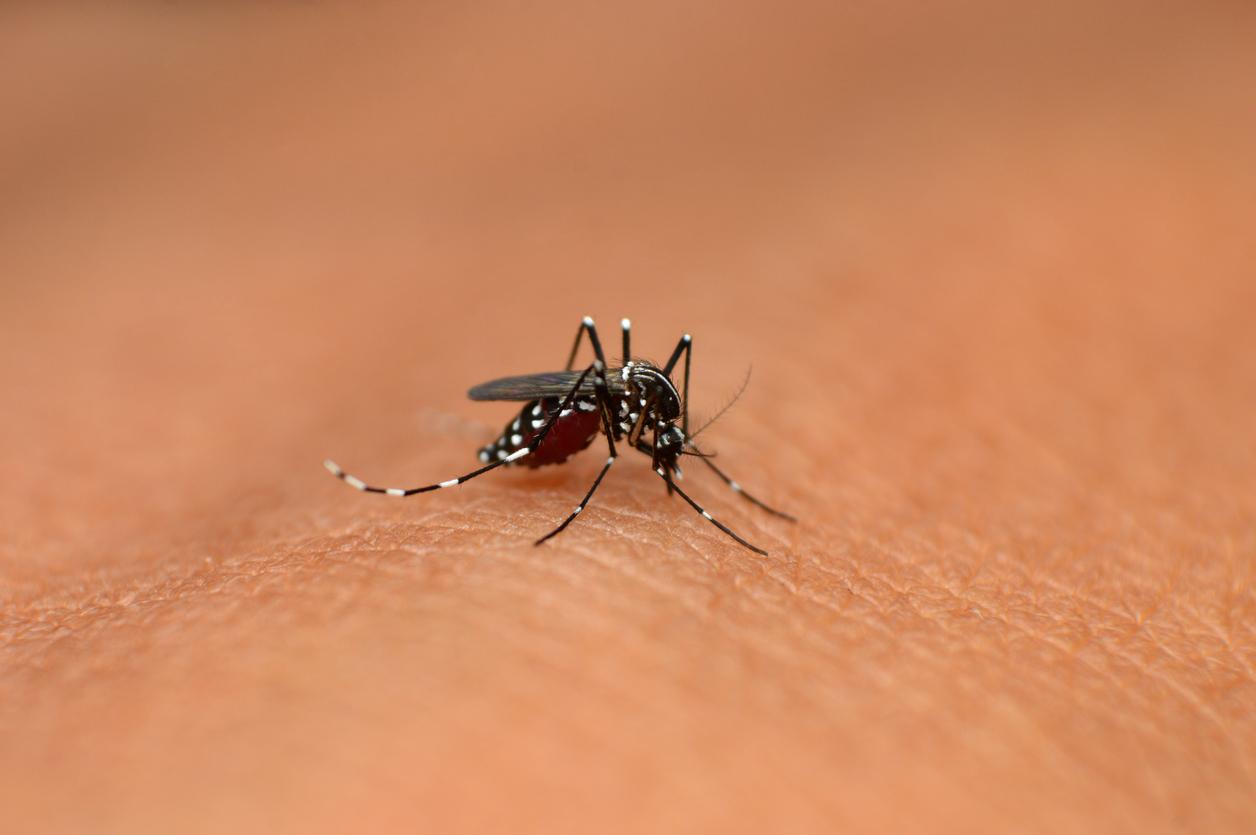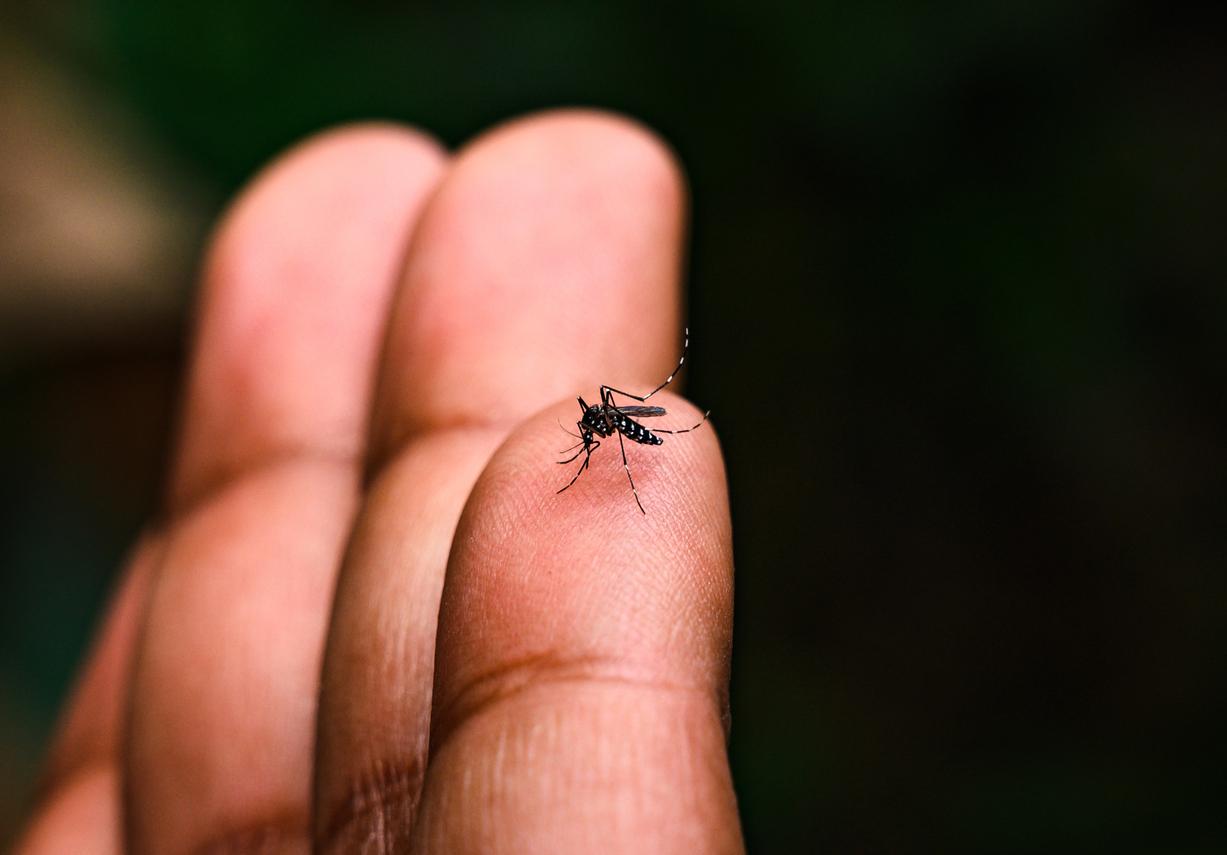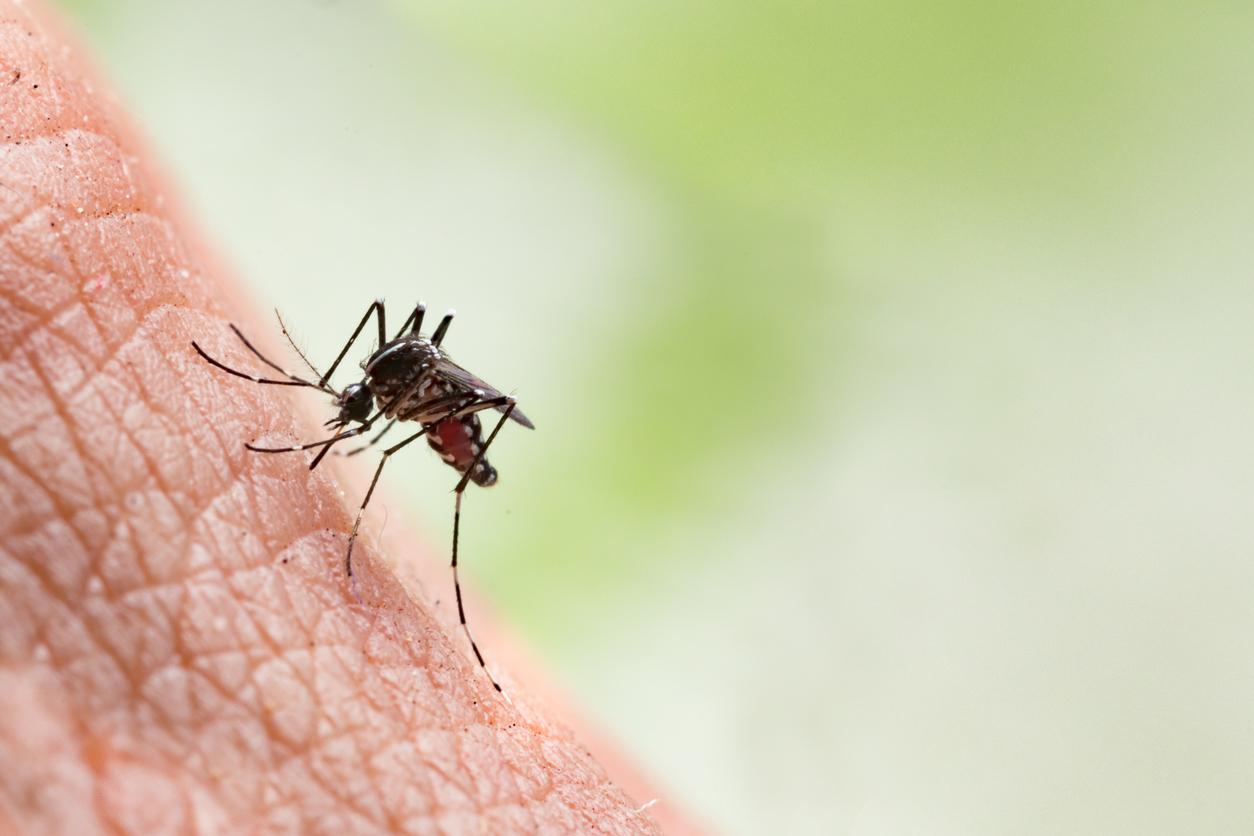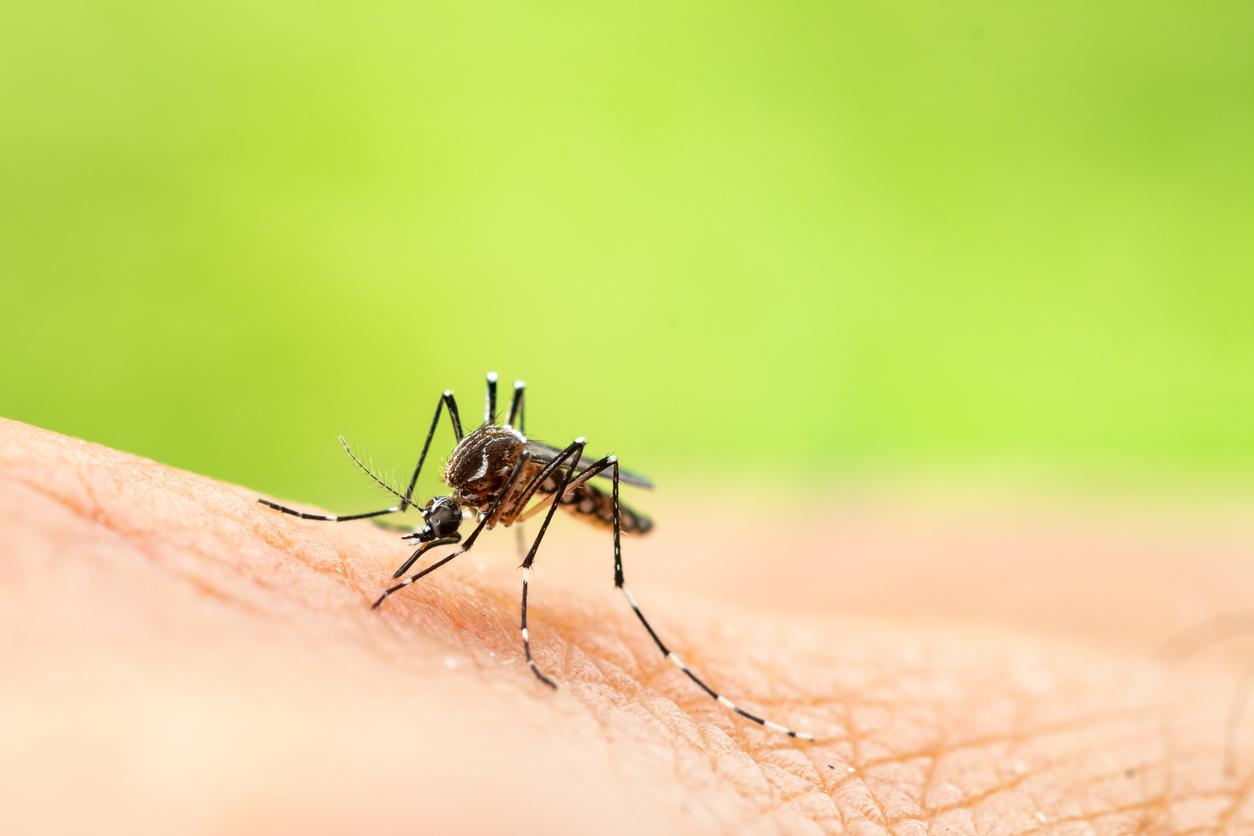They have a unique olfactory system that allows them to detect humans easily.
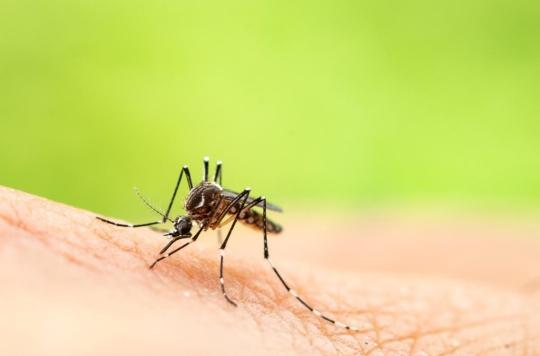
- The Aedes aegypti mosquito is mainly present in tropical areas.
- It is very resistant to mosquito repellent.
Citronella candles, scented spirals to burn, skin repellents, suitable clothing: there is a veritable anti-mosquito arsenal. However, it happens that despite all these precautions, the pest manages to sting you. If he succeeds, it is thanks to his sharp sense of smell, as explained by researchers in the scientific journal Cell. They discovered that the insect has a unique olfactory system.
The human, the target of the mosquito
“Mosquitoes are very specialized“, explains Meg Younger, assistant professor of biology at Boston University College of Arts & Sciences, who studies the olfactory system of mosquitoes. These insects are designed to “find us, bite us, use our blood proteins to reproduce”. The aim of the scientist’s work is to decipher how the mosquitoes’ sense of smell works in order to find more effective ways of repelling them. With her team, she discovered that mosquitoes Aedes aegyptiin particular carriers of the Zika virus or dengue fever, have olfactory capacities that are very different from what we previously imagined.
A unique system
In humans, the sense of smell first passes through the nose, where olfactory sensory neurons, equipped with specific sensory receptors, detect odors and then transmit them to the brain. “The central principle of smell is that the sensory neurons in the human nose each express a type of olfactory receptor“, specifies Meg Younger. A smell generates different odorous molecules which will be detected by different sensory receptors, the neurons then transmit the information to an area of the brain called the olfactory bulb, capable of deciphering the message.
For this study, the researchers created genetically modified mosquitoes that light up under the microscope when exposed to certain odors: they express fluorescent proteins, which scientists detect and analyze to understand chemical responses to odors. “The olfactory system of Aedes aegypti mosquitoes is organized very differently, with multiple sensory receptors housed in one neuron, a process called gene co-expression.”, explain the authors. This very specialized system makes mosquitoes very sensitive to human odors.
New means of struggle?
For the scientist, the long-term objective is to find new repellents or more powerful attractants for mosquitoes that no longer bite humans. “The more we learn about how smell is encoded in their olfactory system, the more we can create more effective compounds based on their biology.“, she says. Beyond its unpleasant aspect, the mosquito bite can be dangerous. The insect can transmit many diseases, which makes it one of the deadliest animals on the planet. , despite its small size.










